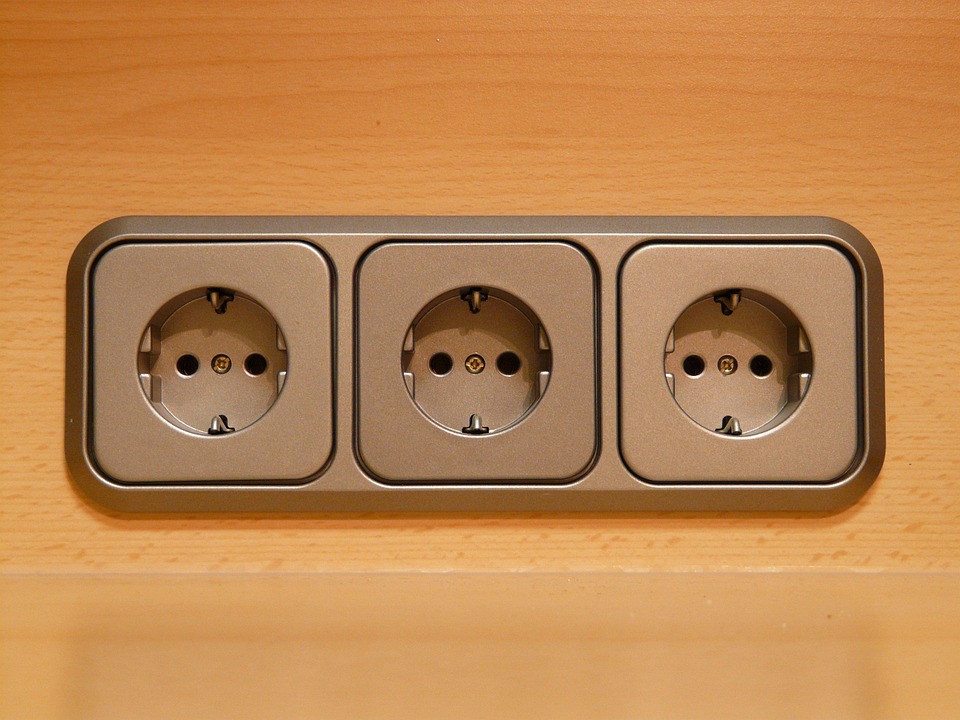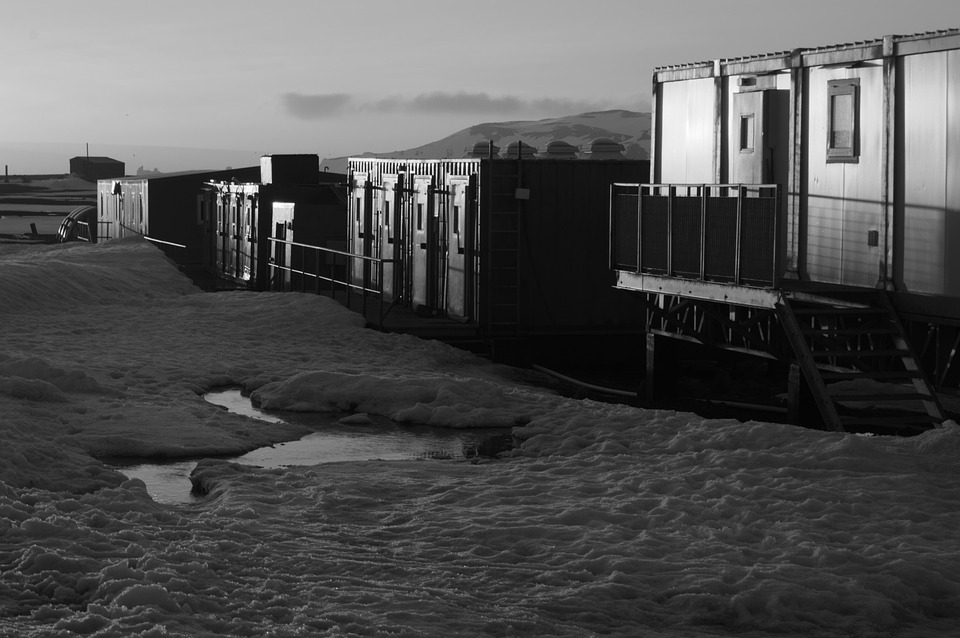The Microwave Engineer: An In-Demand Role with Bright Prospects
In the rapidly evolving world of technology, the microwave engineer plays a pivotal role—yet, there remains a notable shortage of qualified professionals in this field. With demand outpacing supply, it is essential to explore the skills and responsibilities that define this occupation, not merely for understanding but to inspire potential candidates who might be contemplating a career in this dynamic arena.
Core Skills Driving Success
-
Technical Proficiency: At the heart of a microwave engineer’s role is an in-depth understanding of electromagnetic theory and microwave engineering principles. Proficiency in simulation software such as HFSS or CST is essential. Engineers must possess the ability to analyse and design microwave circuits, antennas, and systems, often pushing the boundaries of existing technology.
-
Problem-Solving Acumen: Microwaves are notoriously finicky; thus, engineers must exhibit exceptional problem-solving skills. A single miscalculation can lead to significant setbacks. The ability to think critically and troubleshoot complex issues in real-time is not just beneficial—it’s crucial.
-
Interdisciplinary Knowledge: As microwave technology intersects with various fields such as telecommunications, healthcare, and even automotive industries, a broad understanding of these domains enhances an engineer’s effectiveness. Familiarity with relevant regulations and standards, such as those from the International Telecommunication Union (ITU) or the Institute of Electrical and Electronics Engineers (IEEE), cannot be understated.
Responsibilities That Shape the Role
Every day brings a fresh set of challenges for microwave engineers, making their responsibilities both varied and demanding.
-
Design and Development: Engineers must innovate and improve microwave components and systems, often working under tight deadlines. This involves drafting technical specifications, prototypes, and conducting rigorous testing to ensure compliance with quality standards.
-
Collaboration: Effective communication with cross-functional teams, including hardware and software engineers, is vital. A microwave engineer must convey complex technical ideas in a manner accessible to non-specialists, fostering an environment of collaboration and mutual understanding.
-
Research and Development: Staying ahead in the industry often requires continuous learning. Engaging in research projects, attending conferences, and publishing findings are essential to not only personal growth but also to the advancement of the field itself.
The Future of Microwave Engineering
As industries increasingly rely on wireless technologies and high-frequency applications, the future for microwave engineers appears bright. Emerging sectors such as 5G, satellite communications, and medical devices demand innovative solutions, creating a plethora of opportunities. Yet, the question remains: how can aspiring engineers prepare to meet these rising demands?
The answer lies in education and training. Universities in the UK are beginning to recognise this shortage and are adapting their curricula to better equip students with the necessary skills. Furthermore, internships and placements in relevant industries can provide invaluable hands-on experience that theoretical knowledge alone cannot offer.
A Path Forward in Your Career Journey
With the pressing need for microwave engineers, there’s never been a better time to enter this field. The fusion of technical skills, problem-solving abilities, and a collaborative spirit defines the future of microwave engineering. For those navigating the complexities of securing a job in the UK, particularly roles that require sponsorship, Visajob.co.uk is committed to supporting you every step of the way. We are here to help you turn your aspirations into reality, ensuring you find the right opportunities in this exciting and essential industry.




